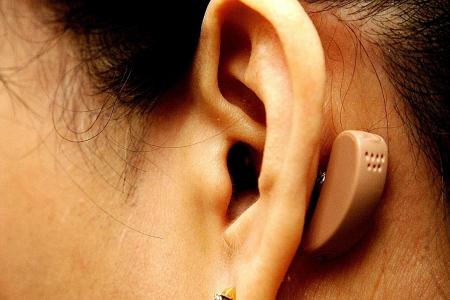Painkillers linked to hearing loss
Painkillers linked to hearing loss
A growing body of data suggests that painkillers may come with more long-lasting and potentially negative side effects than most people think.
A study in the American Journal of Epidemiology found that among women, long-term regular consumption of analgesic non-steroidal anti-inflammatory medication is linked to a higher risk of hearing loss. Painkillers like ibuprofen or acetaminophen fall under this category.
Women who took such drugs for over six years showed a 9 to 10 per cent higher risk of having hearing loss a decade later.
Those who used aspirin did not show similar hearing problems.
Online therapy for insomniacs
That digital screen on your mobile device that keeps you up may well be the same thing that will help you restore your sleep.
A study found that an automated online therapy programme helped improve sleeping habits of more than half the chronic insomniacs studied within weeks.
A year later, they were sleeping normally.

At least one in 10 adults has diagnosable insomnia - broken, irregular, inadequate slumber at least three nights a week for three months running or longer.
This suggests that garden-variety insomniacs can possibly benefit from cognitive behaviour therapy without having to talk to a therapist.
Mood may affect chemo efficacy
How you feel may affect how well your cancer treatment works, research from China suggests.
Researchers from the Affiliated Cancer Hospital of Zhengzhou University, China, found that cancer patients who were more depressed showed worse response to chemotherapy than those without depression.

The level of brain-derived neurotrophic factor (BDNF) - involved in helping brain nerves grow and mature - was measured in 186 recently diagnosed advanced lung cancer patients.
They also answered questions about their mood. Those with depression and those with the lowest BDNF levels were found to have the least response to chemotherapy.
Get The New Paper on your phone with the free TNP app. Download from the Apple App Store or Google Play Store now



